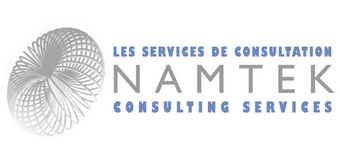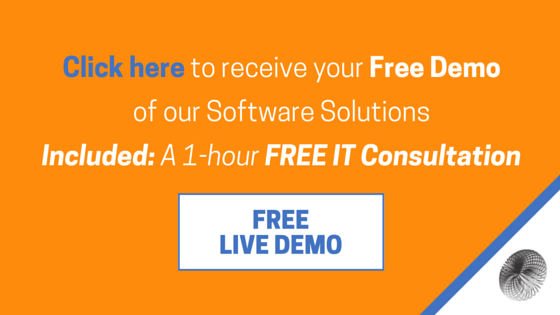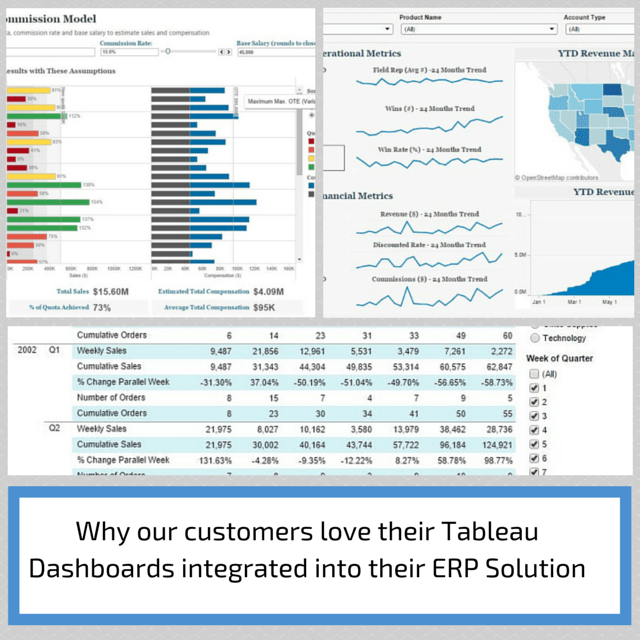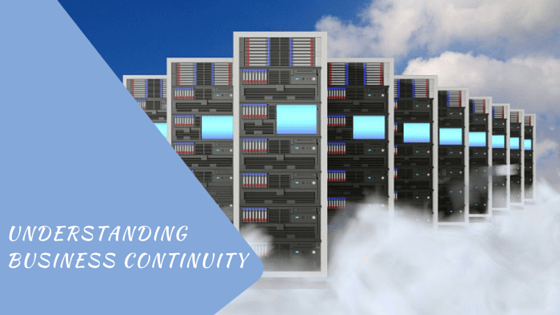The Learning Period of a Software System Implementation
Last Updated on February 9, 2023 by Tatyana Vandich
The Initial Transition to a New Software System
The implementation of any new software system can always seem a little daunting at first. What’s important to remember (and keep reminding yourself) is that this phase of any software project doesn’t have to be so terrible. Typically, what can take the most time is the initial transition from the old system to the new (or in many cases, from NO system to A system – this is when companies have been relying primarily on using Excel Spreadsheets, Word documents and Email). During this initial transition we have a ‘Learning Period’, where, of course, employees need to learn how to actually use the new software application.
Focusing on the End Users During Implementation
It’s at this point, where:
- Old habits die
- New software functionalities and features are taught by the IT provider
- Newly standardized business processes are introduced by the company’s Management team
The Importance of User Training and Support
As many are aware, a software implementation can range from a couple of weeks to about 6 months, depending on the size of the company, the type of system implemented, the support coming from the management team, the cooperation of users, the expertise (& support) of the IT Provider and more. All of these factors also determine how smooth the implementation can go. During this period, it’s crucial to focus on the End Users; helping them learn how to use the new system properly right from the get-go and to fully understand their new tasks, if any business processes were changed or standardized. These two big changes can cause a lot of stress and anxiety amongst employees, which is why it’s important to offer the right support so resistance to change or more specifically to the system, does not occur. In many cases, decision-makers see the User Training & User Support services (during and after implementation) as optional and in order to reduce expenses, decide to go ahead with the software implementation without these services. This is a huge mistake. Post-implementation is a time where all the focus should be on the End User rather than on the dollars and cents.
Overcoming the Challenges of a New Software System
In many cases, learning a new software system, especially if the team is used to working with an ERP system, doesn’t take too long. People nowadays are quite tech-savvy and are quick learners when it comes to new software applications if taught properly from the very beginning and after playing around with it for some time. The toughest part of this learning period is usually getting used to new standardized procedures and process consistency. This typically occurs in smaller companies, with fewer than 20 employees, who may have had informal, undisciplined environments. Getting the team used to these new processes and habits can take time but if there was proper planning before the implementation and available support post-implementation then it should go much smoother.
Planning and Preparation for a Smooth Implementation
The management team should sit down with the ERP Provider before implementation to write up a clear plan and all new processes, which should then be slowly shared with the team. Getting them accustomed to the changes prior to the software implementation is critical. They should not be bombarded with tons of changes all at once. Then, the proper support should be made available to the end users from:
- The IT Provider; in the form of user training and user support
- The Management Team; in the form of positive reinforcement and encouragement
- The in-house Implementation Team (if any); in the form of user support and encouragement
The Role of the Management Team, IT Provider, and In-house Implementation Team.
Therefore, the learning period for any new software implementation can make decision-makers anxious just thinking about it. BUT it can go smoothly and quick if new business process changes are introduced before implementation and the end users are given proper user training and support during and after implementation. Speaking with an ERP Provider will allow you to set accurate expectations and eliminate any false assumptions about software upgrades you may have.










